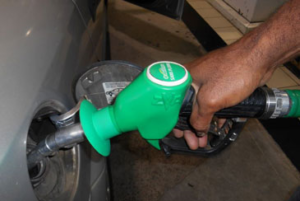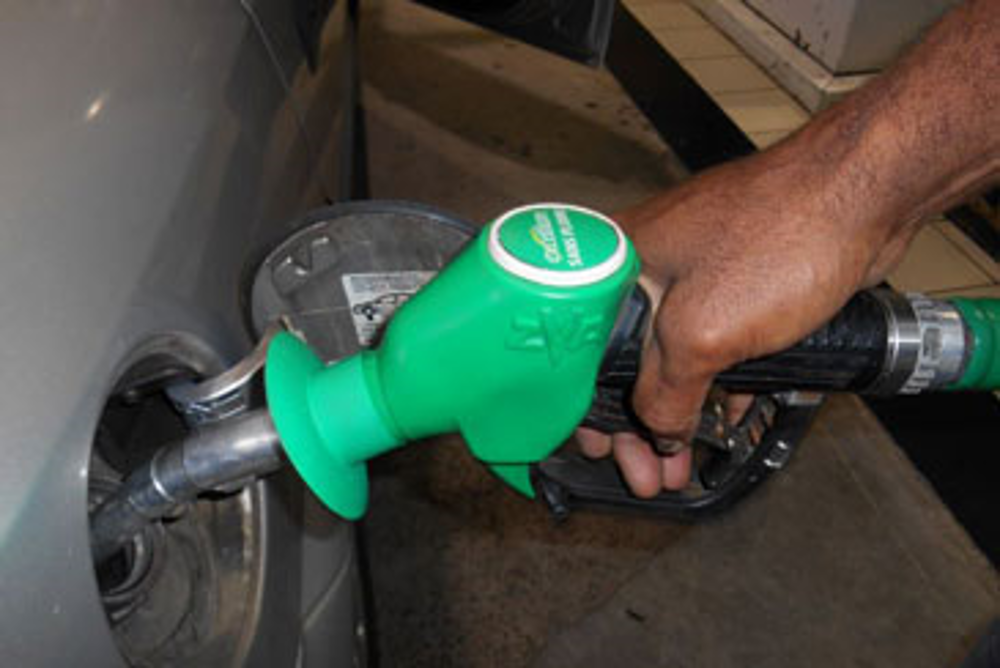 The Secretariat of the Pacific Community (SPC) is optimistic that cheaper oil prices will not reduce the Pacific region’s momentum towards a renewable energy and energy efficient future.
The Secretariat of the Pacific Community (SPC) is optimistic that cheaper oil prices will not reduce the Pacific region’s momentum towards a renewable energy and energy efficient future.
Falling global oil prices have given some relief to Pacific Islands’ consumers who pay among the highest prices in the world at the petrol pump, mainly due to import costs.
“We’re seeing significant decreases in oil prices but this should be translated into reduced electricity and transport costs, two key sectors that SPC is working on with Pacific governments,” the Director of SPC’s Economic Development Division, John Hogan, said.
“Our major concern right now is to see the price decreases passed on to consumers in the Pacific and that there’s no erosion in the region’s commitment to renewable energy and energy efficiency,” Mr Hogan said.
The head of SPC’s Energy Programme, Solomone Fifita, said that while cheaper energy prices could potentially promote inefficiencies and waste, SPC hoped governments would use this opportunity to raise revenue that could be invested in renewable energy and energy efficiency programs.
“The transition to low-carbon economies should result in the long-term, permanent decrease in energy prices that the region is after,” Mr Fifita said.
SPC monitors and analyses movements in the global and Pacific region energy markets and produces a Monthly Petroleum Price Review and the Pacific Fuel Price Monitor which enable the 22 Pacific Island countries and territories to monitor and compare pricing in the region.
To ensure current price decreases are fairly passed on to consumers, an SPC Petroleum Adviser is currently in the Cook Islands to review their fuel price template.
The price template reflects an agreed methodology among Pacific Island countries and territories for calculating the price of fuel. With technical assistance from SPC, the template is reviewed regularly to take account of the dynamic nature of the petroleum sector.
In the first quarter of 2015, SPC will also respond to requests from the governments of Tonga, Kiribati and Tuvalu to help review their petroleum pricing based on the template.
“Fuel prices continue to be volatile. Ten years ago, consumers were concerned that prices had reached US$60 per barrel. Four years later, the price had tripled, yet today we see prices back to around US$64,” Mr Hogan said. “The projections are that pricing will continue its downward trend, pushing many in the industry to be uneconomical and exit,” he added.
A new petroleum pricing manual introduced in December 2014 will familiarise petroleum pricing authorities in the Pacific with the terminologies, dynamics and realities of petroleum pricing.
For more information, please contact Alan Bartmanovich, SPC Petroleum Adviser, [email protected] or +679 904 3428
NOTES TO EDITORS
Through its Energy Programme, SPC is at the forefront of addressing the heavy reliance of Pacific Islands on fossil fuels in partnership with governments and other development partners.
This involves promoting the widespread use of feasible renewable energy and energy efficiency technologies, drafting and reviewing national energy policies and roadmaps, as well as providing targeted capacity building and advisory services on petroleum to member countries.
Development partners are committed to supporting the region’s energy transformation.
The Pacific Fuel Price Monitor is available here
